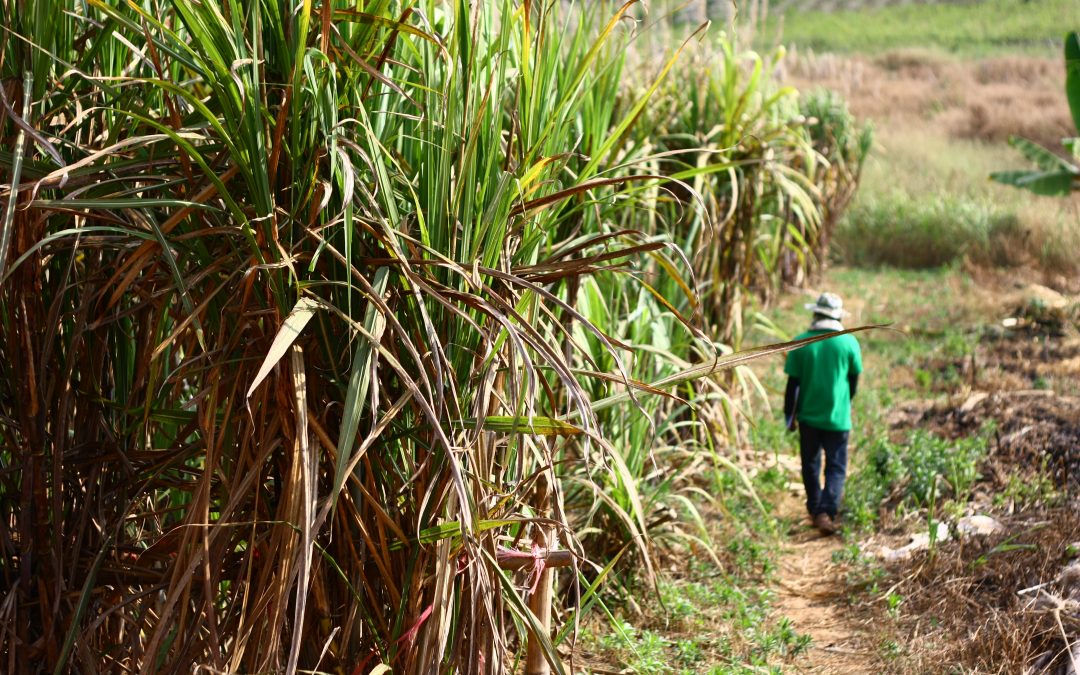The goals addressing the challenges in the sustainable development goals are all intimately linked; progress towards one goal depends on, and affects, other goals. And as economies and societies are globally interconnected, countries will need to work together to achieve progress. GDI’s multidisciplinary research allows solutions to come from social scientists, geographers, politicians, economists and those working in business and engineering to address aspects of the SDGs. It’s an approach being documented in a new collection of special issue journals: The SDG Perspectives Project – which aims to build an environment for collaboration, where experts from all over the world can engage with the SDGs in an interdisciplinary way.
GDI researcher Johan Oldekop was on the editorial board of the first of three special issues which will focus on environmental sustainability, world development and health policy. Each special issue will look at the ways in which the SDGs are influencing academic and research debates and vice versa.
“Tackling these different SDGs which address so many different issues from a broad perspective, trying to go beyond individual disciplines is what is really needed. The ability to think about them as a whole is very exciting – it’s at these edges that we get innovation,” commented Johann Oldekop, who chairs the editorial Board which identified the key challenges and research questions linked to each of the 17 SDGs.
The first special issue – environmental suitability – includes research by Bina Agarwal on gender equality, food security and the sustainable development goals. Prof Agarwal argues that SDG 5 (gender equality) has the potential to enhance food security as it calls for women to have equal rights to economic resources, access to ownership and control of land and property, financial services, inheritance and natural resources. But it also has limitations which stem from women’s limited access to irrigation, credit, and other inputs which allow them to fish and farm for themselves, their family or for income. This lack of attention to the production constraints that women farmers face means that success of SDG 5 is actually dependent on other relevant SDGs, and whether these other SDGs recognise that they need a focus on gender equality.
She gives the example of SDG 15 (forests) and SDG 14 (marine and coastal ecosystems) that make no mention of gender equality in access to these resources and points out that SDG 13 (climate action) does not recognise the particular vulnerabilities of women farmers.
What could make SDG5 successful? For starters, SDG 5 does not recognise forests and fisheries as key sources of food and nutritional diversity, or that women play an important role in procuring food from them. Bina Agarwal says SDG5 needs to be broadly re- interpreted for example broadening the reach of Target 5.5 on women’s participation in institutional decision-making beyond legislatures and village councils to include institutions that cover natural resource management. And although none of the SDGs mention women’s access to irrigation water, Prof Agarwal argues this could potentially be taken up within the mandate of increasing women’s access to natural resources.
Prof Agarwal adds that civil society has been very involved in increasing women’s access to land and natural resources and so should be encouraged to participate towards achieving the Goals – not just state bodies. Finally, Agarwal says it is essential to engender SDGs which have a critical and direct bearing on food security, but which ignore gender.

